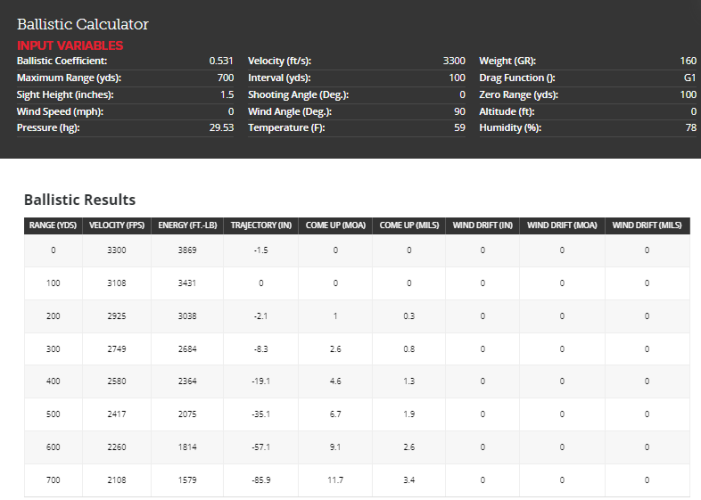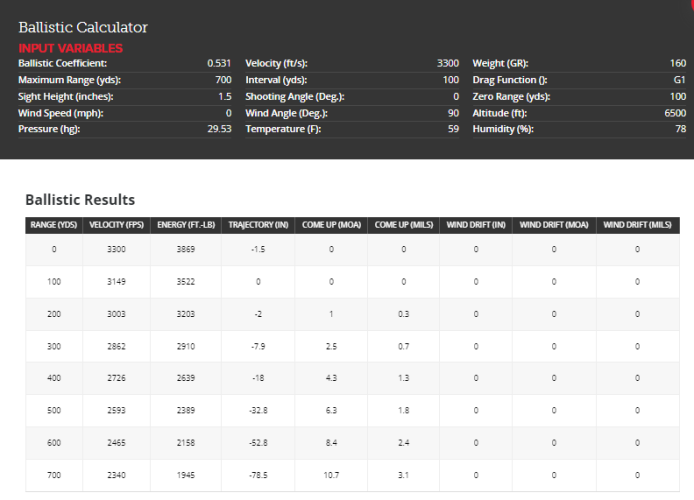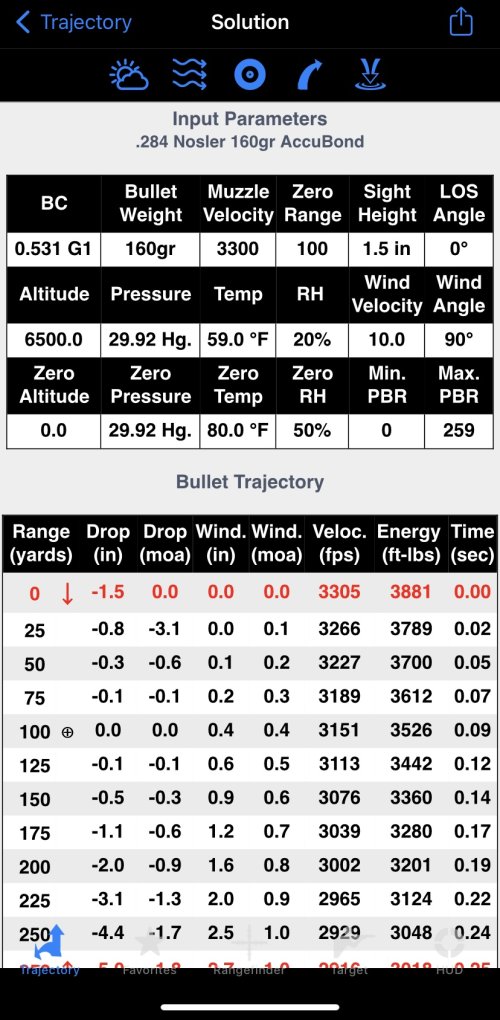Engineguy852
Member
- Joined
- Jan 27, 2023
- Messages
- 65
I’ve researched this a little but I’d like to get some opinions. I’m taking a 28 nosler (that I sighted in at sea level) to Colorado where it will be shot around 6500 feet. I will check it when I get there but I’m curious what you would expect? Will it be off a couple inches? Will it be zeroed? Does the muzzle velocity affect how much the altitude changes trajectory? This is all assuming the airlines don’t knock my scope completely off. Thanks for the input in advance!







